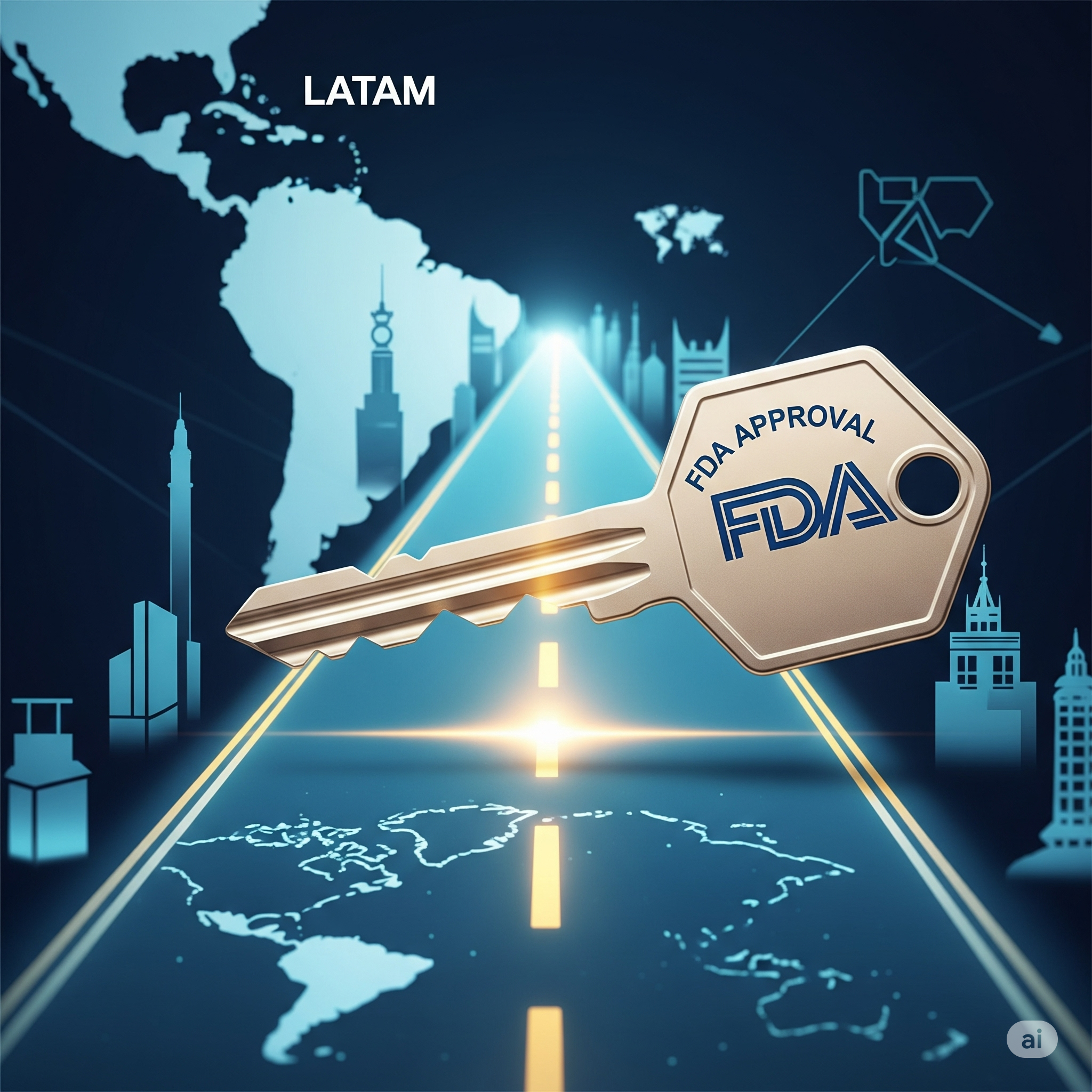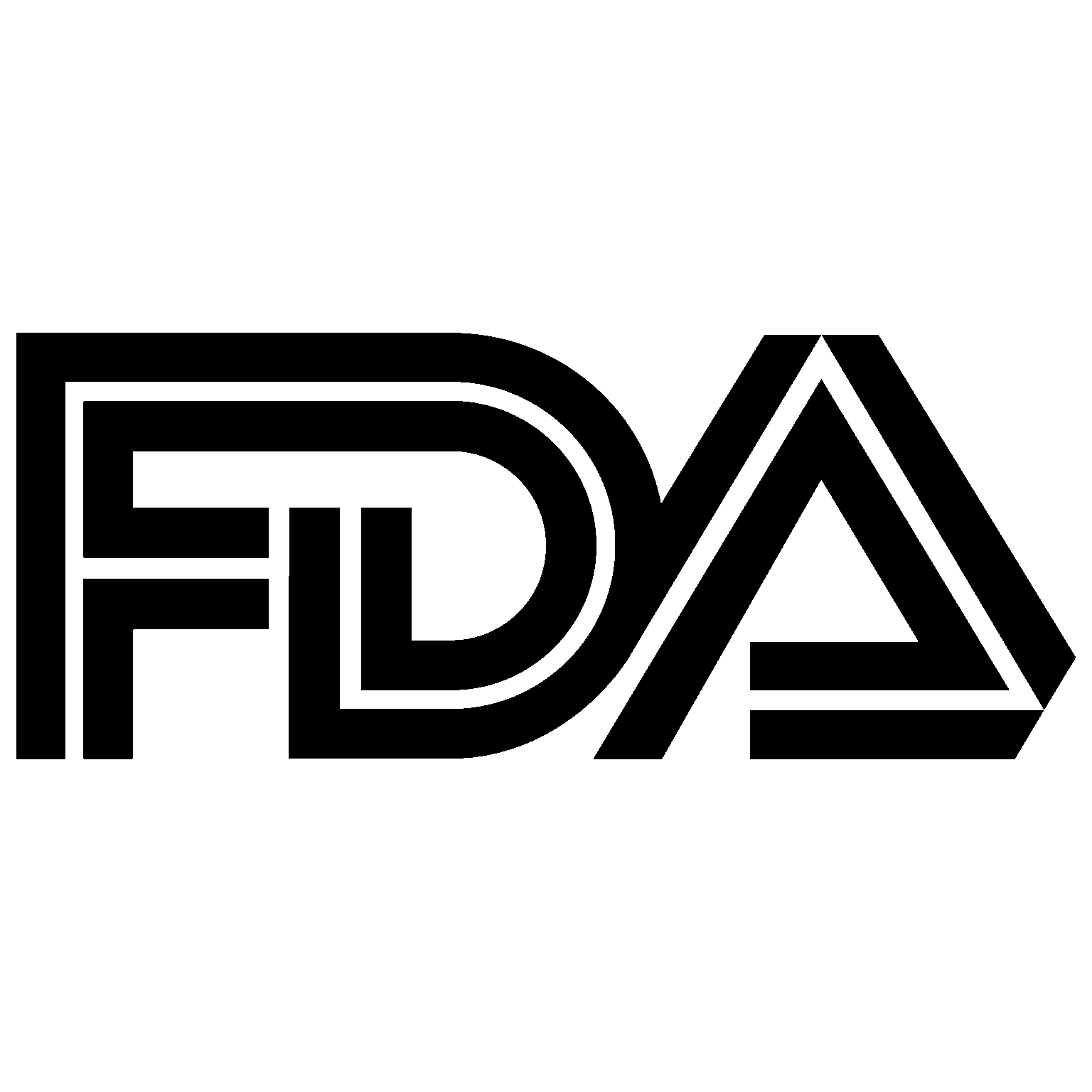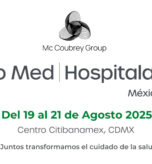Why FDA Certification Matters in LATAM (even without U.S. Sales)

1. Trust & Credibility Boost
FDA approval is globally recognized as a gold standard for safety, quality, and efficacy. In LATAM, regulators, investors, hospitals, and distributors often see it as a strong signal of reliability.
2. Competitive Advantage
Devices with FDA clearance can stand out against local or unregulated competitors, especially in public tenders or large hospital networks that value international standards.
3. Faster Regulatory Pathways
Several LATAM countries (e.g. Mexico, Colombia, Chile, Brazil, Argentina) use FDA approval to accelerate or simplify local approvals, thanks to mutual recognition or reliance agreements.
4. Partner & Investor Confidence
Local distributors, strategic partners, and VCs often view FDA approval as proof of maturity and market-readiness, making it easier to close deals or raise capital.
5. Alignment with Global Expansion
If your future roadmap includes global markets (EU, Asia, MENA), FDA compliance helps streamline development, since many other regulators align with or reference FDA standards.
FDA (U.S. Food and Drug Administration) certification is a globally respected mark of quality and safety, but it does not automatically grant market access in most countries. However, there are a few exceptions or special situations where FDA approval can help avoid or simplify local registration processes — usually in developing markets or where local regulations are less stringent.Jorgelina Mc Coubrey- Quote
The Impact of FDA Certification


FDA (U.S. Food and Drug Administration) certification is a globally respected mark of quality and safety, but it does not automatically grant market access in most countries. However, there are a few exceptions or special situations where FDA approval can help avoid or simplify local registration processes — usually in developing markets or where local regulations are less stringent.
Countries or Regions Where FDA Approval May Allow Sales Without a Full Local Registration:
- United Arab Emirates (UAE) The Ministry of Health (MoHAP) often accepts FDA-approved devices with minimal additional documentation, especially for Class I and II devices.Still, a local distributor or agent may be required.
- Saudi Arabia. The Saudi FDA (SFDA) recognizes FDA and CE marks and can allow simplified or expedited registration. Some low-risk devices may be marketed without full registration but still need listing.
- Panama. Allows the importation and commercialization of FDA-approved medical devices with simplified or no registration in some cases. Documentation and a local representative are still typically required.
- Peru. For low-risk (Class I) devices, if FDA-approved, local registration may be waived. Higher-risk devices still require approval, though the process is faster with FDA clearance.
- Colombia. Recognizes FDA certification and may allow faster registration or waiver for low-risk products. Requires a local representative.
- Philippines. The FDA Philippines may recognize U.S. FDA approval to facilitate registration. Some exemptions apply for certain device types or donations.
Countries Where FDA Helps but Local Registration is Still Mandatory. Even though FDA clearance simplifies the process, you still need to register with local health authorities in most countries:
- Mexico (COFEPRIS) – Accelerated process with FDA.
- Brazil (ANVISA) – FDA supports technical file acceptance.
- Argentina (ANMAT) – FDA helps but full registration required.
- Chile (ISP) – FDA helps but registration still needed.
- European Union (MDR/CE) – FDA is not enough, CE mark is required.




